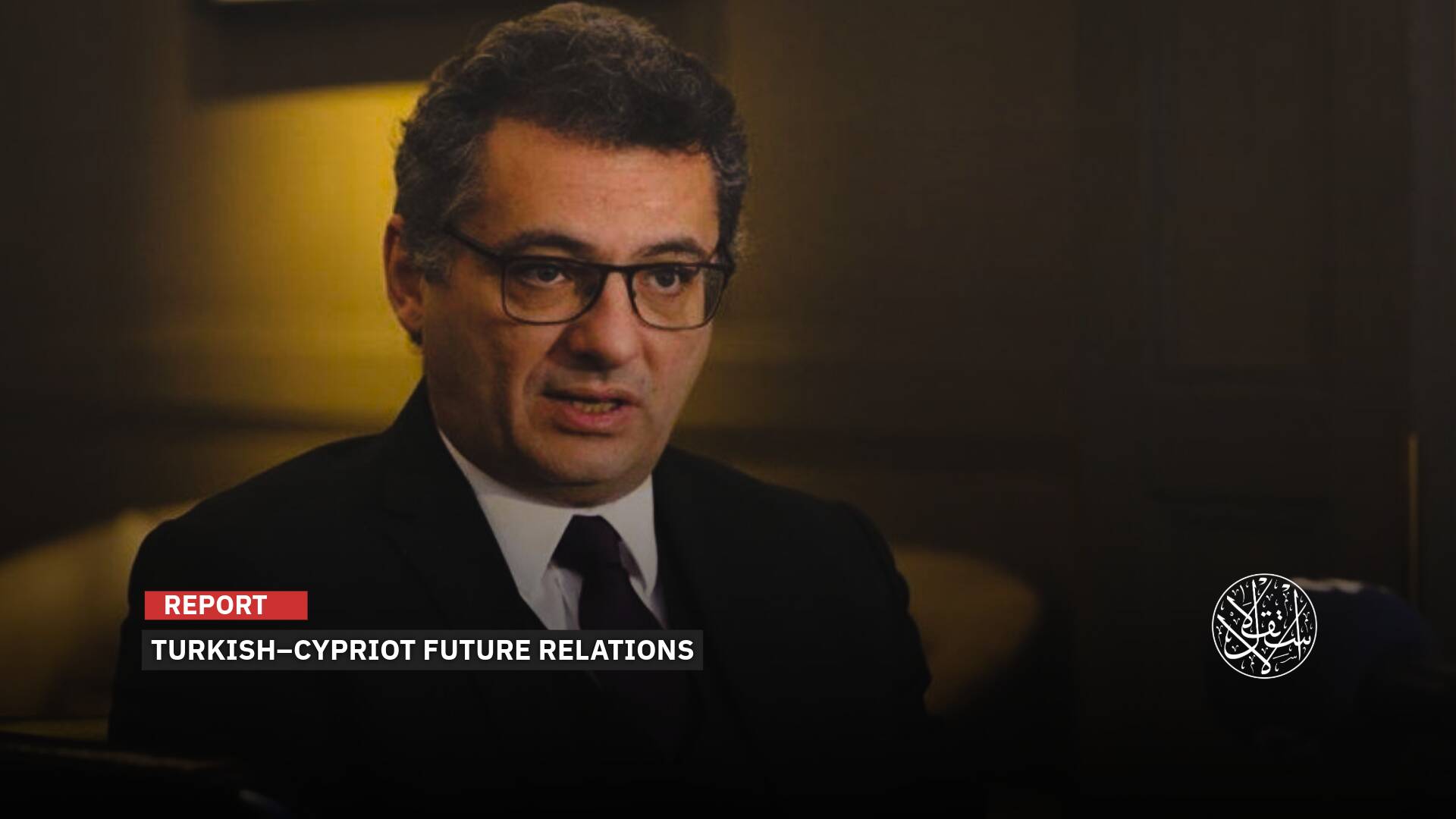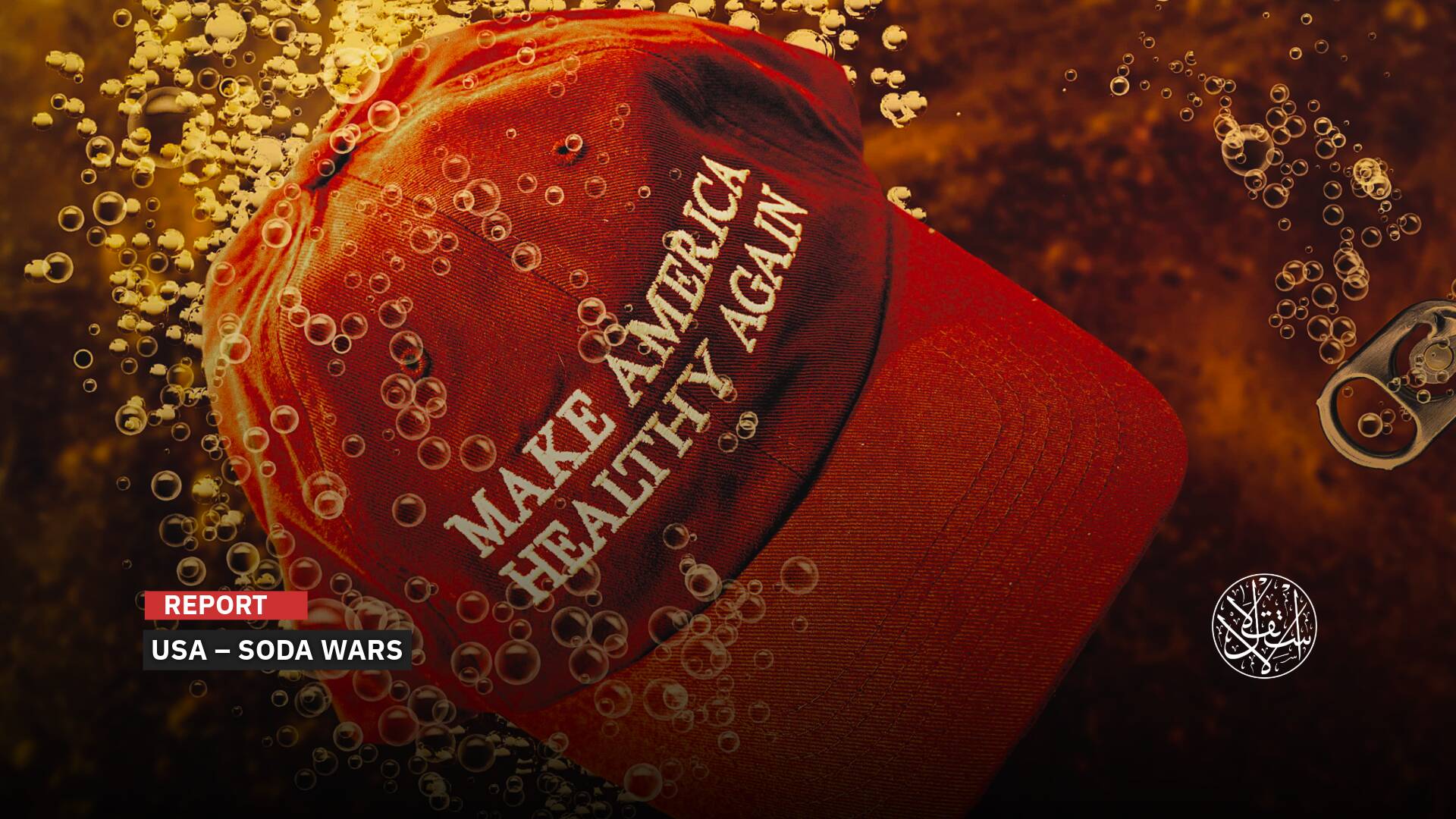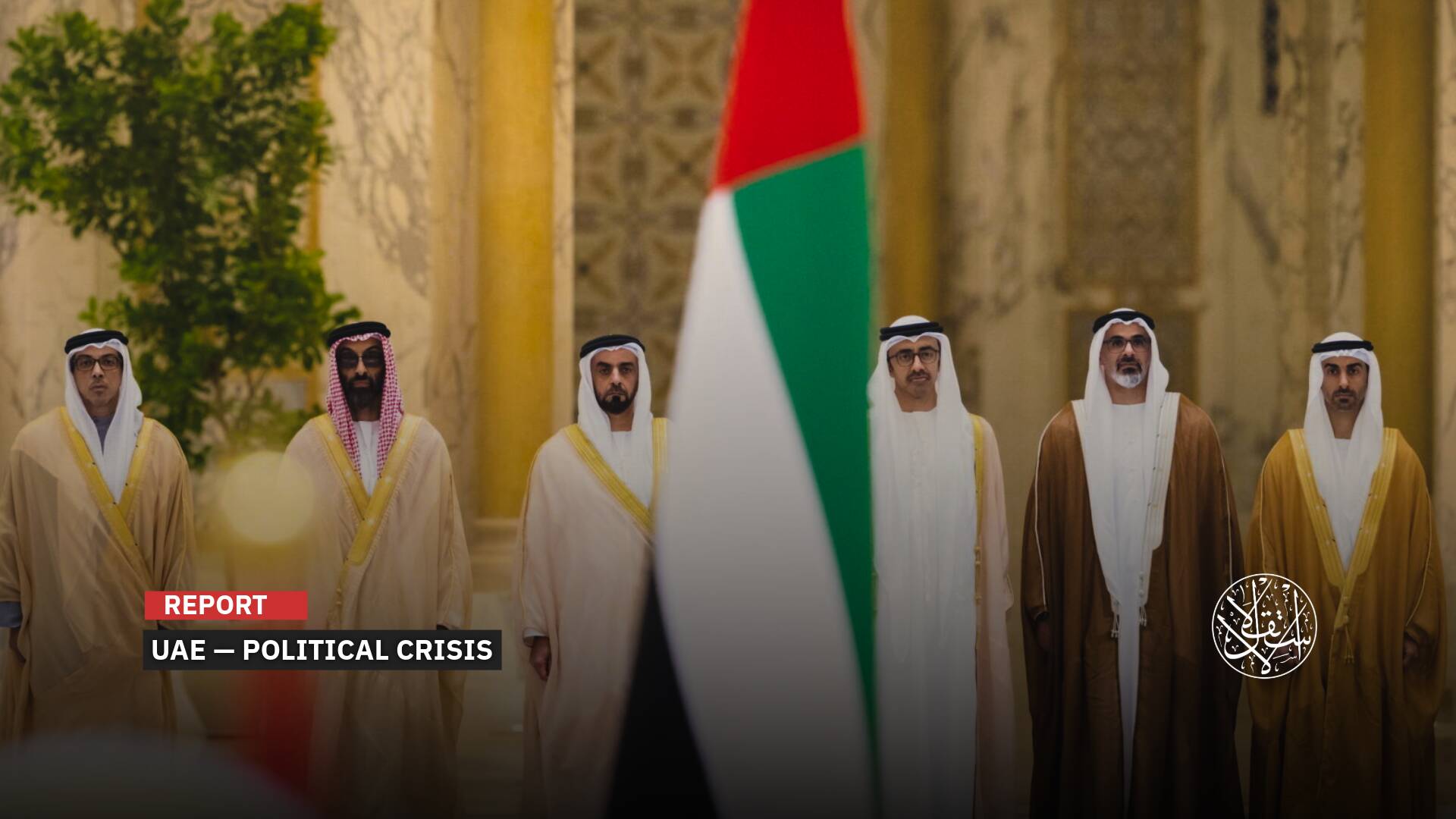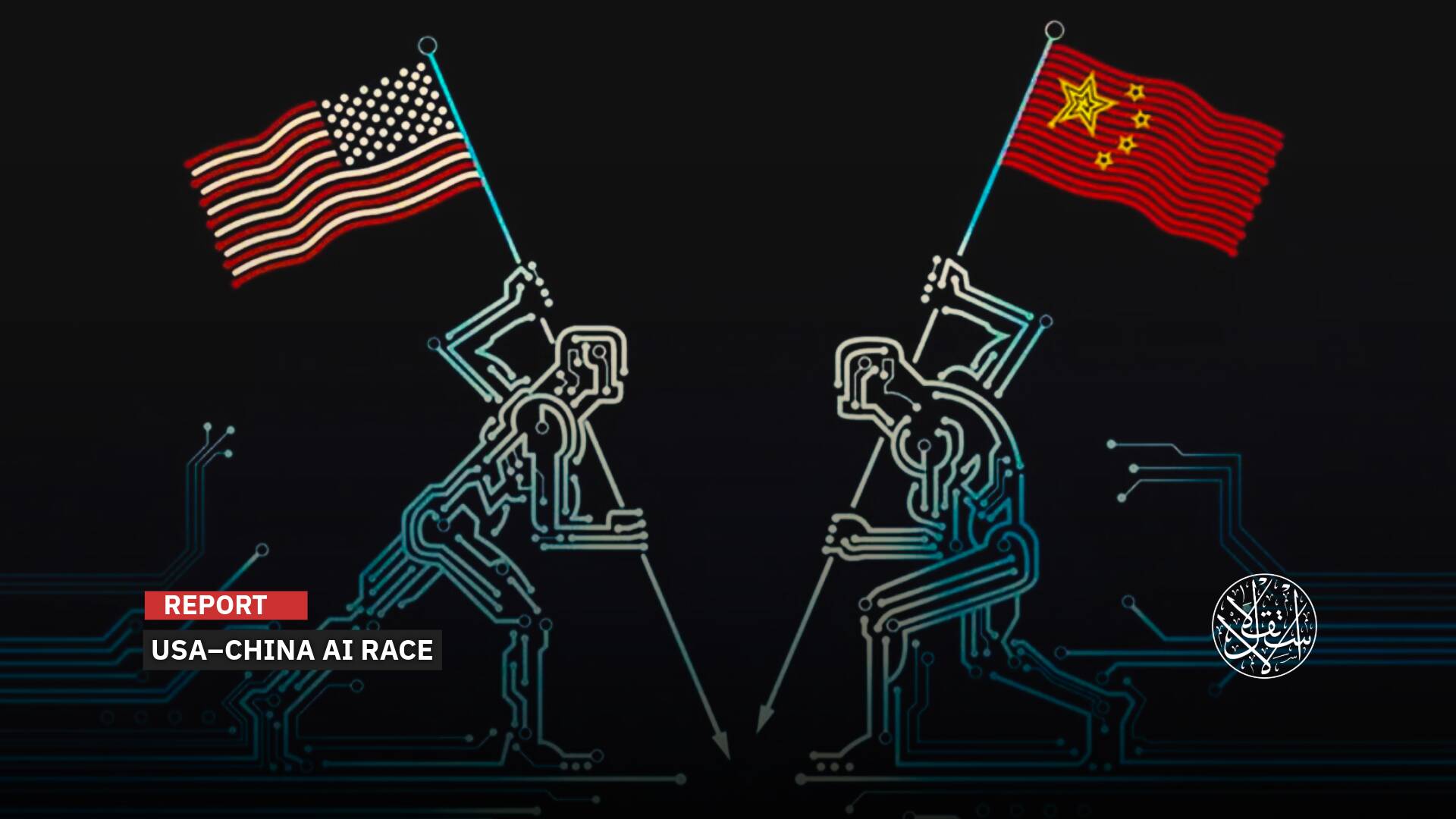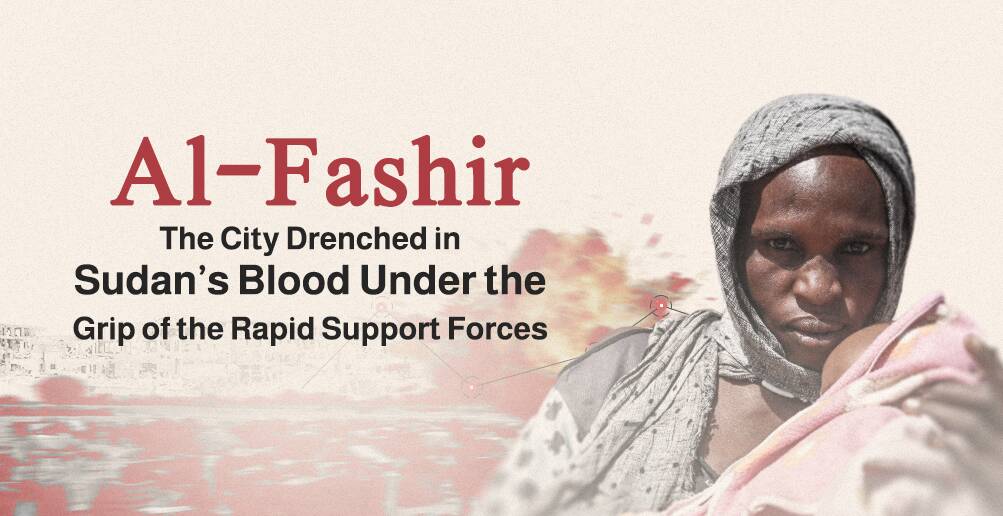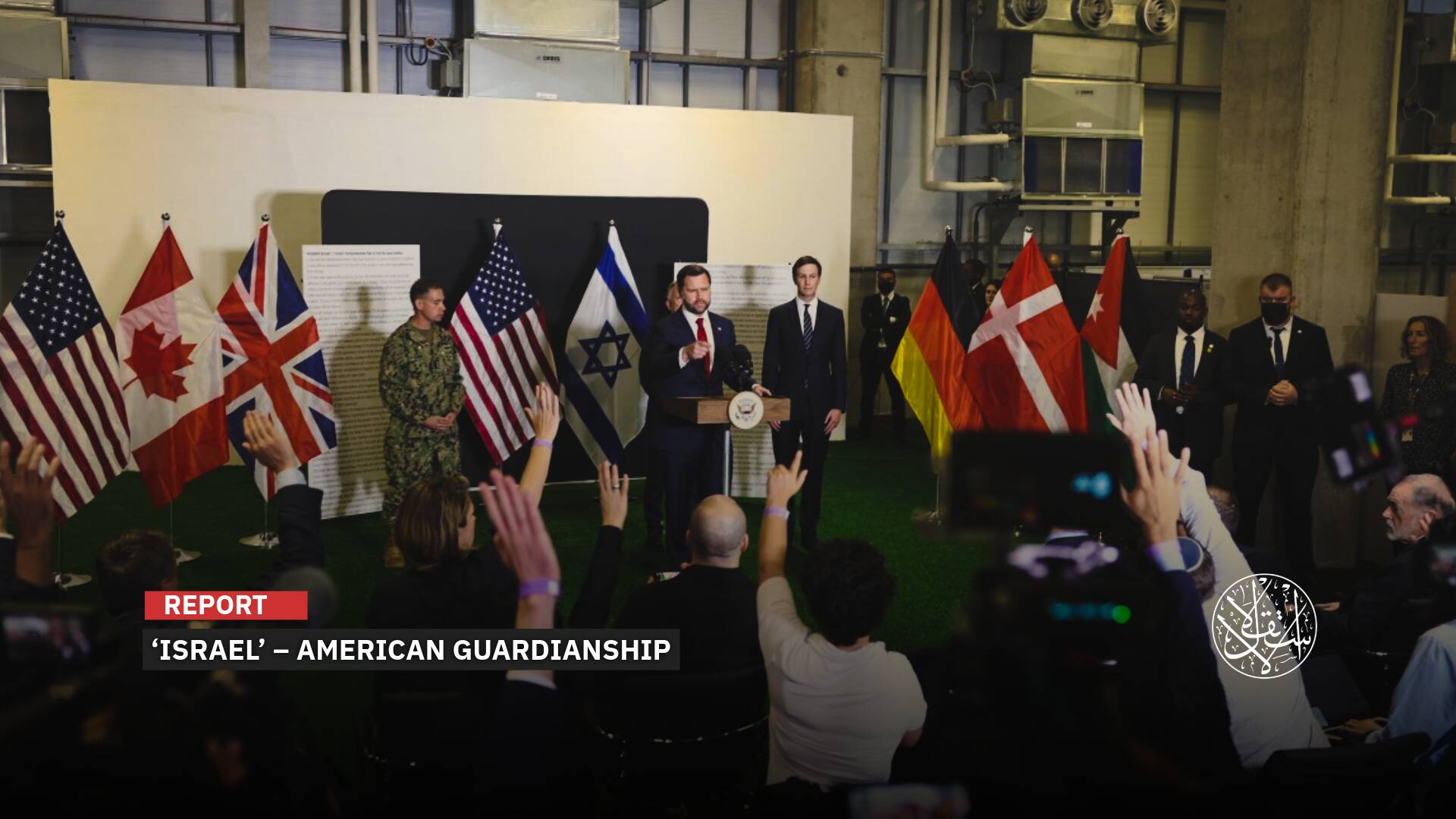Political-Economic Battle: Why Is Trump Escalating Pressure on Brazil?
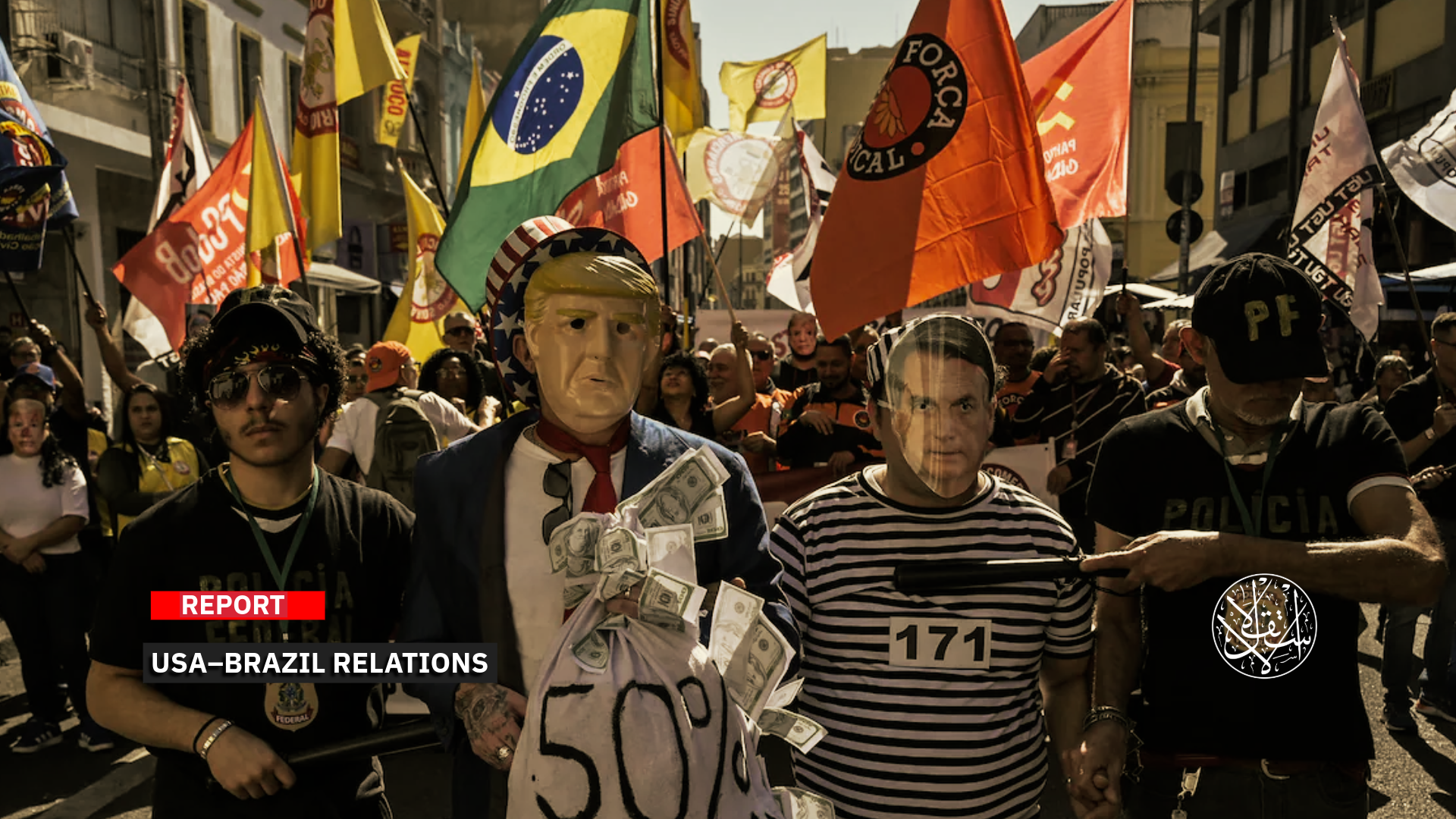
“The Brazilian real fell by more than 2% against the US dollar following Trump’s tariff threat.”
US President Donald Trump formally notified Brazil of an increase in tariffs from 10% to 50% effective August 1, citing national security concerns stemming from the government's politicization of former President Jair Bolsonaro's 2022 coup attempt.
Brazilian President Lula da Silva responded firmly, citing the recently passed Reciprocity Law, threatening equal retaliatory measures.
Lula emphasized that his country would not yield to external pressure, emphasizing its sovereignty and independence. This escalation reflects Washington's use of tariffs as a political and economic weapon.
Separately, Brazil, a BRICS member, has also received warnings from Trump of an additional 10% tariffs, with the possibility of higher tariffs, if the BRICS countries continue their anti-US policies.
Bolsonaro's trial is similar to what happened earlier with Trump, who was prosecuted for attempting to overthrow democracy by calling on his supporters to attack the Capitol in January 2021. However, these charges were dropped after he returned to the White House this year.
US Threats
Brazilian President Luiz Inacio Lula da Silva stressed on July 17 that he would not take orders from a foreigner, in his first direct response to threats from US President Donald Trump.
On July 9, Trump sent a letter threatening to impose 50% tariffs on Brazilian goods starting next August if Bolsonaro’s trial proceeded.
He described the trial as an international disgrace and a witch hunt that must end immediately.
He also sent a personal letter of support to Bolsonaro, criticizing his appalling treatment by an unjust judicial system, as well as what he called Brazil's unfair trade practices toward US companies.
However, official Brazilian figures show a trade surplus in favor of the U.S. for nearly two decades.
The Brazilian real fell by more than 2% against the US dollar after Trump's announcement.
Lula and his government rejected these justifications, affirming their adherence to the sovereignty of national decision-making.
But they expressed their willingness to enter into trade negotiations with the U.S. to resolve the dispute.
The Brazilian Ministry of Foreign Affairs summoned the US Chargé d'Affaires, Gabriel Escobar, to provide explanations for its statement reiterating support for Bolsonaro.
In turn, Lula noted in a statement that any unilateral increase in tariffs will be met with a response in light of Brazil's economic reciprocity law.
He stressed that his government is proceeding with regulating the tax sector and imposing taxes on US technology companies, accusing them of promoting violence and spreading fake news under the guise of freedom of expression.
The Brazilian government is considering imposing restrictions on dividends paid by US companies operating in Brazil, according to Bloomberg.
The newspapers O Estado de São Paulo and O Globo also reported that Lula's government is also considering revoking US pharmaceutical patent licenses.
Conversely, Brazilian Finance Minister Fernando Haddad denied that his country is actually considering imposing restrictions on dividends paid by US companies as a means of retaliation, even if talks on Trump's tariffs fail.
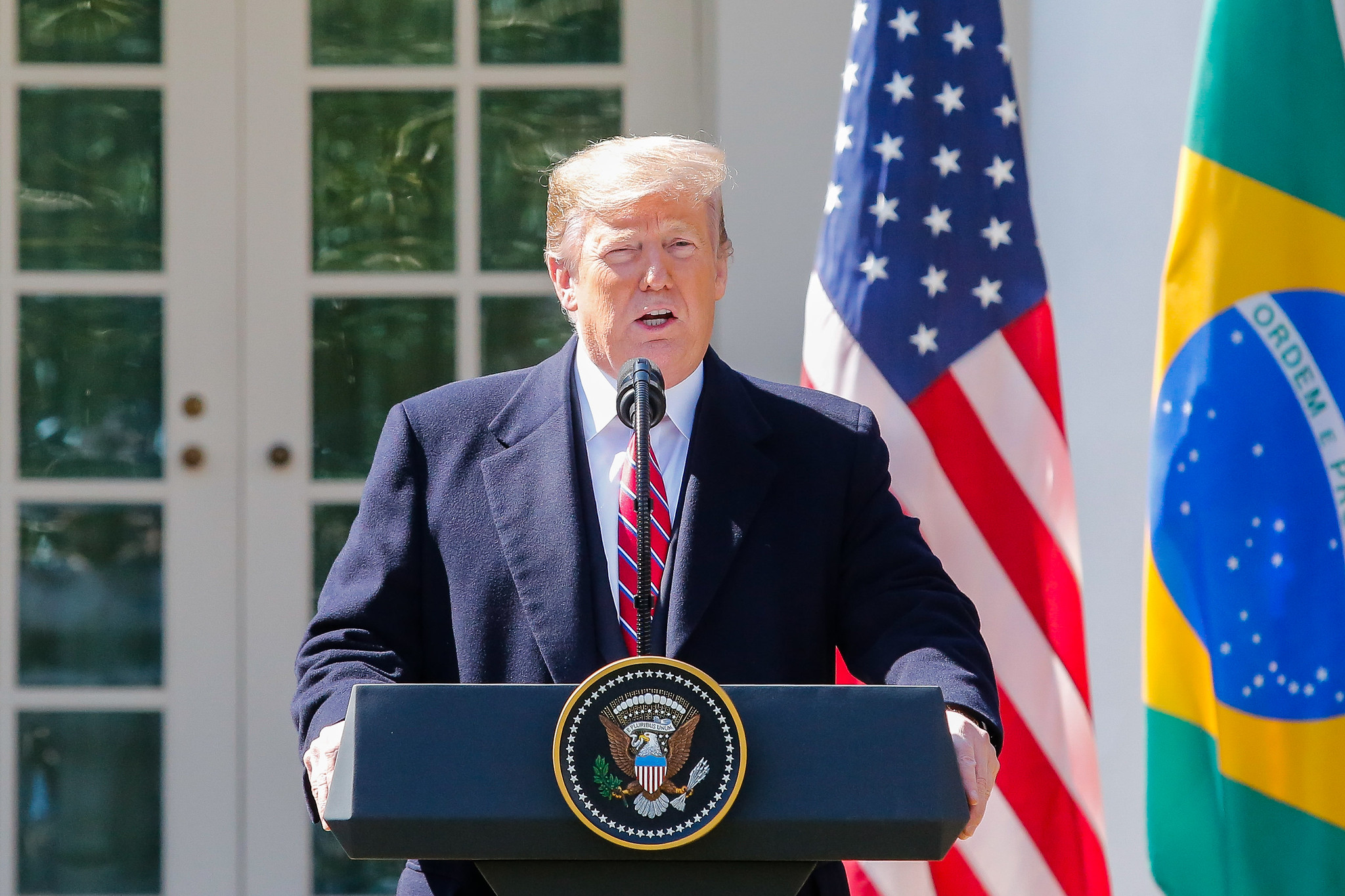
Brazilian Insistence
Trump's threats have raised tensions within the Supreme Court in Brasilia, with the Brazilian judiciary insisting on moving forward without making concessions.
Despite the Brazilian Supreme Court's annual recess in July, a number of judges, led by Alexandre de Moraes, who is overseeing Bolsonaro's case, affirmed the rule of law, refusing to yield to US threats.
The Brazilian judiciary imposed temporary restrictions on Bolsonaro, including an electronic bracelet to limit his movements, a nighttime home confinement, and a ban on using social media.
Hours after the ruling, the U.S. revoked the visas of de Moraes and eight other judges, along with their family members, further heightening tensions between the two countries.
US Secretary of State Marco Rubio said in a statement that Judge Moraes had created a system of persecution and surveillance that harms not only Brazilians but also Americans.
Brazilian Attorney-General Paulo Gonet responded sharply and forcefully: “The evidence is clear—the defendant has acted systematically throughout his term and after his election loss to incite rebellion and undermine the rule of law and democracy.”
In another part of his missive seen as firmly backing Bolsonaro, Trump accused the Brazilian government of insidious attacks on free elections, and the fundamental free speech rights of Americans, including the censorship of US social media platforms.
As part of an ongoing investigation into the spread of disinformation in the country, Brazil's Supreme Court has, in recent years, ordered the blocking of several social media accounts - many of them belonging to Bolsonaro's supporters.

Economic Turmoil
Trade relations between the U.S. and Brazil are heading toward further tension, as experts warn of global economic repercussions that threaten to disrupt supply chains and raise global prices for essential commodities.
However, the Brazilian government expects the tariffs to have a limited impact on economic growth this year, which is expected to reach 2.5%, noting that the damage will be limited to specific industrial sectors.
The U.S. imports large quantities of coffee, oranges, beef, oil, and steel, commodities for which the Lula government has said it can find alternative markets worldwide.
Brazil is the world's largest producer of coffee, while the U.S. is a major importer, which has shaken the U.S. coffee beverage industry and threatened to raise prices for American consumers.
Last year, the U.S. exported about $49 billion worth of goods to Brazil, and Brazil exported just over $42 billion in goods to the U.S.
Top US exports to the South American country last year included aircraft and spacecraft, fuels, industrial machinery like nuclear reactors, and electrical equipment.
So a 50% Brazilian tariff on American goods could severely harm these industries
According to a recent Moody's report, Brazilian exports to the U.S. represent only 1.7% of Brazil's economic output.
Observers believe that the US president is fighting a losing economic battle with Brazil, noting that the U.S. is not a significant trading or political partner.
In recent years, Brazil has strengthened its market relations with its BRICS counterparts (Brazil, Russia, India, China, South Africa, Iran, Egypt, Ethiopia, the UAE, and Indonesia), at the expense of its trade relations with Western countries.
During a summit in Rio de Janeiro on July 6, the BRICS bloc criticized Trump's trade war against its trading partners in its final statement, drafted by Lula, stressing that the bloc does not target any third country.
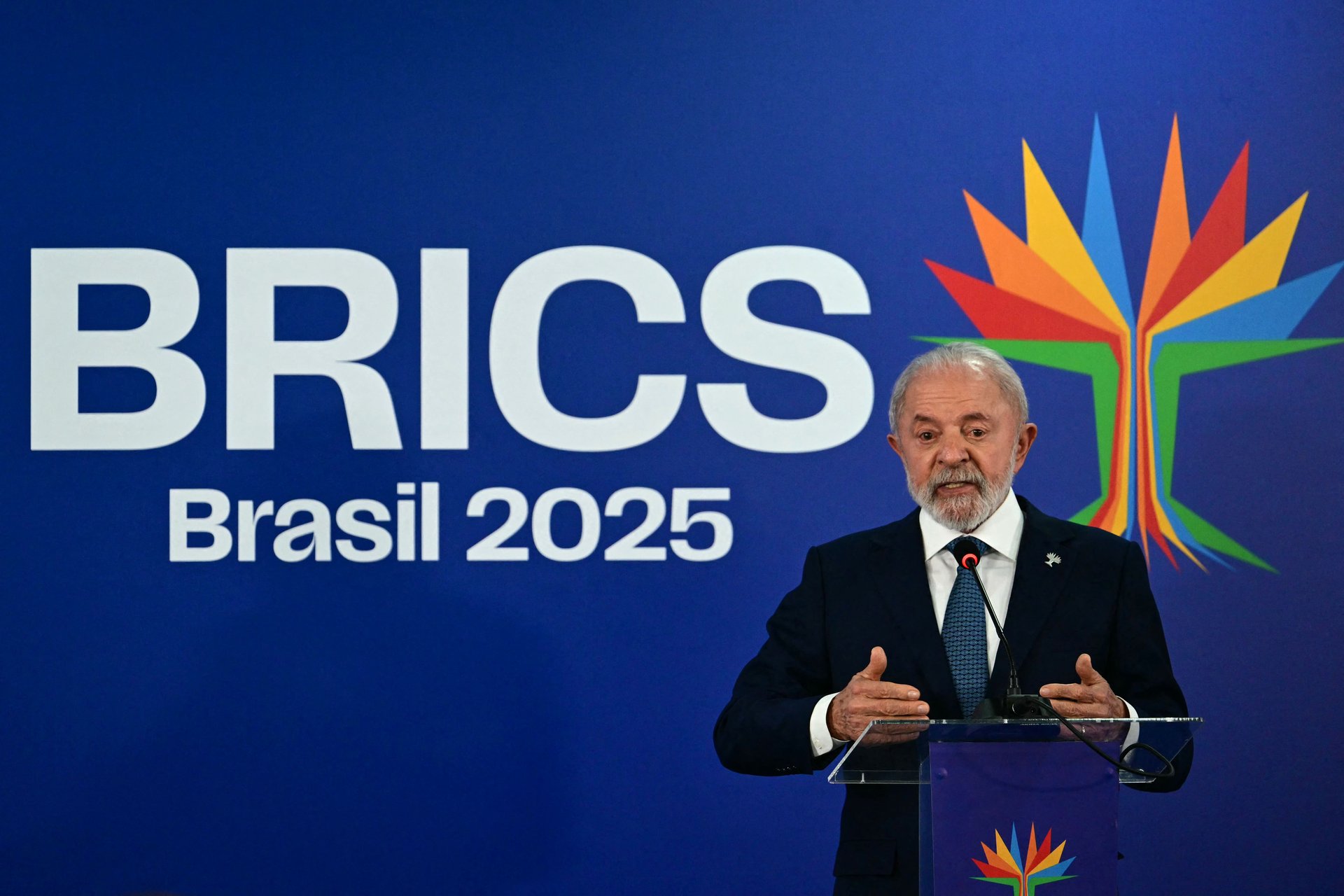
Foreign Policy noted that Trump's attempt to intimidate Brazil, the largest country in Latin America and the fourth-largest democracy in the world, serves as a warning to all BRICS countries.
It also risks pushing Brazil, the most prominent BRICS member that opposed the bloc's expansion last year to include US adversaries like Iran and Venezuela, into the camp of US rivals like Russia and China.
It pointed out that Trump's tariff threat is particularly bad policy for Brazilian conservatives.
Lula has appeared increasingly unstable in the second half of his third term, suffering from a divided Congress and record-low approval ratings. Even some of his allies and advisors have questioned his re-election bid.
But thanks to Trump, Lula has an inspiring new message to unite Brazilians of all stripes: “Brazil is a sovereign nation that will not be defeated.”
Sources
- Brazil’s President Lula says Trump was ‘not elected to be emperor of the world,’ as US-Brazil spat escalates
- Trump’s bullying of Brazil is backfiring
- Trump’s tariff threat pushes Lula’s popularity and worsens legal troubles for Brazil’s ex-leader
- Trump’s Tariff Threat Against Brazil Might Politically Boost Lula




